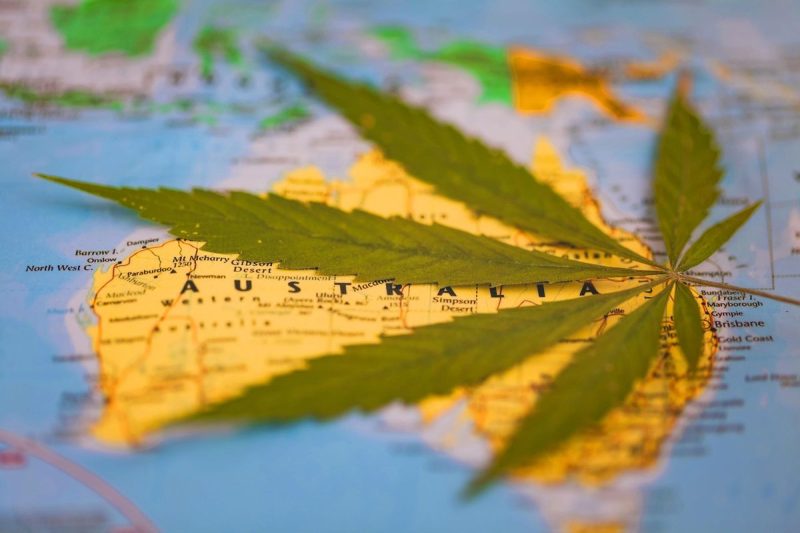In recent years, Australia has seen a significant shift in its attitudes and laws towards cannabis. From medicinal cannabis legalization to the decriminalization of personal use, each state in Australia has taken its own approach in regulating cannabis. Let’s delve into a state-by-state guide to cannabis in Australia as of 2024.
New South Wales (NSW)
NSW has a relatively conservative approach towards cannabis. Medicinal cannabis is legal with a doctor’s prescription, and there have been limited trials for medical use. Possession of small quantities for personal use is decriminalized, but penalties still exist. Recreational use remains illegal, with strict penalties for offenders.
Victoria
Victoria has taken a progressive stance on cannabis. Medicinal cannabis is legal, and the state has established a regulatory framework for cultivation and distribution. Possession of small amounts for personal use has been decriminalized, and there is a growing acceptance of cannabis for medical and therapeutic purposes. However, recreational use is still prohibited.
Queensland
Queensland has adopted a cautious approach to cannabis. Medicinal cannabis is legal with strict regulations, and there are limited avenues for obtaining it. Personal use is decriminalized, but penalties apply. Recreational use remains illegal, with penalties for possession and distribution.
South Australia (SA)
SA has made strides in cannabis reform. Medicinal cannabis is legal with a prescription, and there is a growing industry for cultivation and production. Possession of small amounts for personal use is decriminalized, with diversion programs for offenders. The state is considering further reforms to decriminalize or regulate recreational use.
Western Australia (WA)
WA has a mixed approach to cannabis. Medicinal cannabis is legal, but access is limited, and regulations are strict. Possession of small quantities for personal use is decriminalized, with penalties reduced for offenders. Recreational use remains illegal, but the state has shown openness to discussions on potential reforms.
Tasmania
Tasmania has been more conservative in its approach to cannabis. Medicinal cannabis is legal but has limited availability. Possession of small amounts for personal use is decriminalized, with penalties for offenders. Recreational use remains illegal, with strict enforcement of laws against cultivation and distribution.
Northern Territory (NT)
NT has taken a pragmatic approach to cannabis. Medicinal cannabis is legal with a prescription, and the state has shown support for research and development in the industry. Possession of small amounts for personal use is decriminalized, with diversion programs for offenders. The territory is open to discussions on potential reforms for recreational use.
Australian Capital Territory (ACT)
ACT has been at the forefront of cannabis reform in Australia. In addition to legalizing medicinal cannabis, the territory has decriminalized possession and cultivation of small amounts for personal use. Furthermore, ACT became the first jurisdiction in Australia to legalize recreational cannabis in limited quantities for individuals aged 18 and over. The territory’s approach marks a significant departure from the rest of the country.
In conclusion, each state and territory in Australia has its own unique approach to cannabis regulation, reflecting a spectrum of attitudes towards medicinal and recreational use. While some regions have embraced reform and legalization, others maintain conservative stances with strict penalties. As public opinion evolves and evidence of the benefits of cannabis continues to emerge, Australia’s cannabis landscape is likely to undergo further changes in the years to come.
